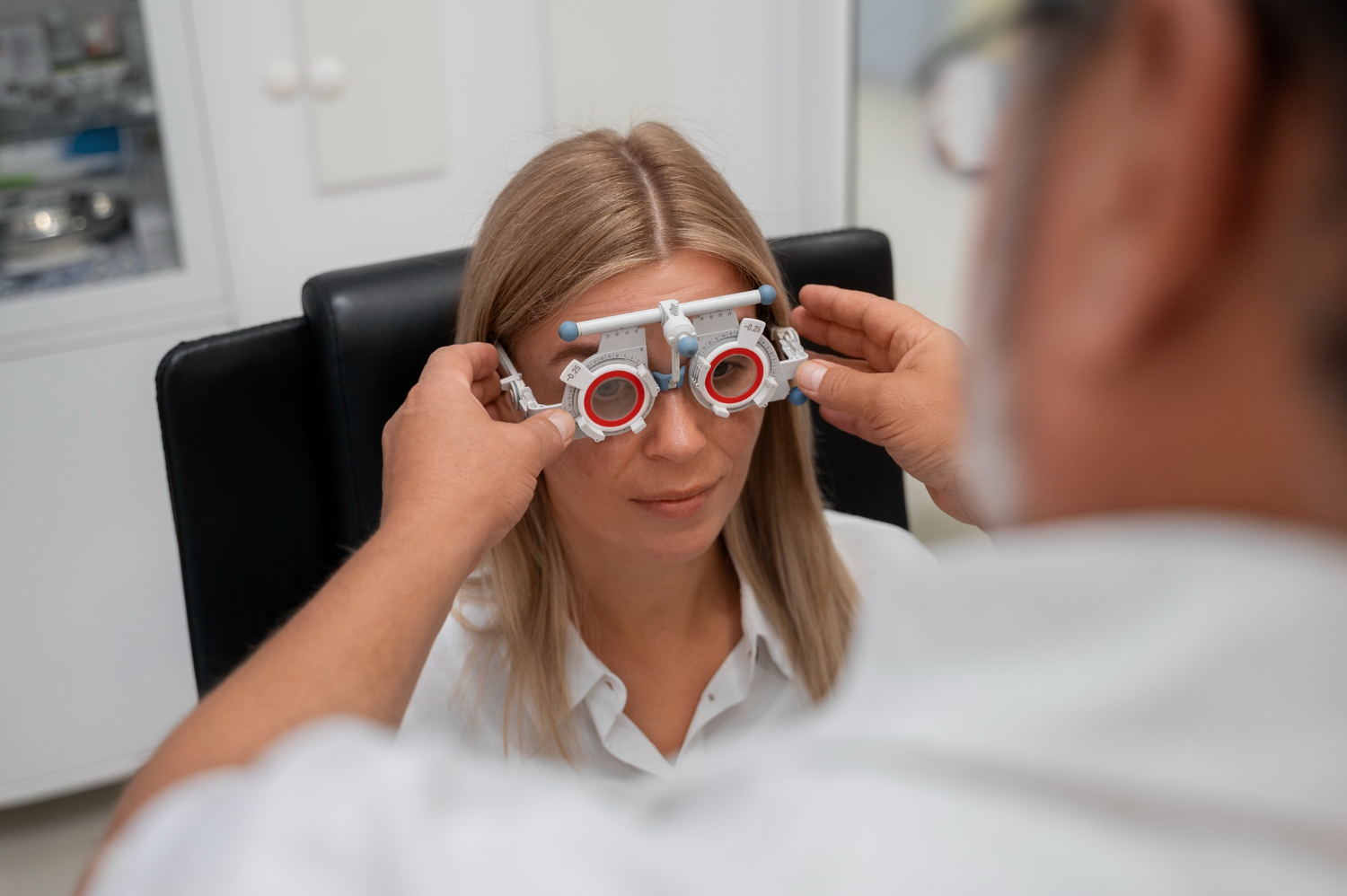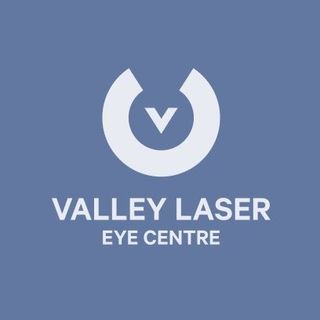Cataract surgery is a common procedure performed to improve vision in individuals who have developed cataracts, which are cloudy areas in the eye’s lens. This cloudiness can lead to blurred or hazy vision, difficulty seeing at night, and increased sensitivity to light. As cataracts continue to develop over time, they can significantly impact an individual’s daily activities and overall quality of life.
If you or a loved one is considering cataract surgery, it’s essential to be well-informed and have your questions answered to make the best decision for your eye health. In this blog section, we will discuss the most common questions about cataract surgery, including what to expect during the procedure, potential risks, and recovery time.
What Is Cataract Surgery, and How Does It Work?
Cataract surgery is a procedure to remove the cloudy lens (cataract) from your eye and replace it with an artificial lens, called an intraocular lens (IOL). The surgery is usually performed on an outpatient basis, meaning you can go home the same day. During the procedure, your eye surgeon will make a small incision in your eye to access the lens. They will then use ultrasound waves or laser technology to break up the cloudy lens into small pieces, which are then removed using suction. Once the cataract is removed, the IOL is inserted into the eye to replace the natural lens and restore clear vision.
When Should I Consider Cataract Surgery?
Cataract surgery is typically recommended when your cataracts have progressed to the point where they significantly affect your vision and daily activities. This can include difficulty reading, driving, or recognizing faces. Your eye doctor will perform a comprehensive eye exam to determine if cataract surgery suits you. Factors such as your overall health, age, and lifestyle will also be considered when making this decision.
What Are the Potential Risks and Complications of Cataract Surgery?
While cataract surgery is considered a safe and effective procedure, as with any surgery, there are potential risks and complications. These can include:
- Infection
- Swelling or inflammation of the eye
- Retinal detachment
- Dislocation of the artificial lens
- Residual refractive errors, such as astigmatism, nearsightedness, or farsightedness
It’s important to discuss these potential risks with your eye surgeon and weigh them against the benefits of improved vision and quality of life.
How Long Does It Take To Recover from Cataract Surgery?
Recovery from cataract surgery is generally quick and relatively painless. Most patients experience improved vision within a few days of the procedure, and any discomfort or mild pain can usually be managed with over-the-counter pain relievers. Your eye doctor will provide you with specific instructions for post-operative care, which may include using eye drops to prevent infection and inflammation, wearing an eye shield while sleeping, and avoiding strenuous activities for a short period.
Attending all follow-up appointments with your eye doctor is important to monitor your healing progress and promptly address any potential complications.
Conclusion
Cataract surgery is a safe and effective way to restore clear vision and improve overall quality of life for those suffering from cataracts. Understanding the procedure, potential risks, and recovery timeline allows you to make the best decision for your eye health. If you have concerns about cataracts or are considering cataract surgery, consult with your eye doctor to discuss your options and determine the best course of action for your individual needs.
Ready to see the world with clarity again? Look no further than Valley Laser Eye Centre in Abbotsford, BC. Our state-of-the-art technology, comfortable setting, and amazing staff make us the premier choice for cataract surgery in the area. Our highly trained team is dedicated to delivering a seamless vision clinic experience, so you can trust us with your vision. Book a consultation today!
This blog post does not replace medical advice and should not be implemented prior to consulting a fully certified medical professional.





